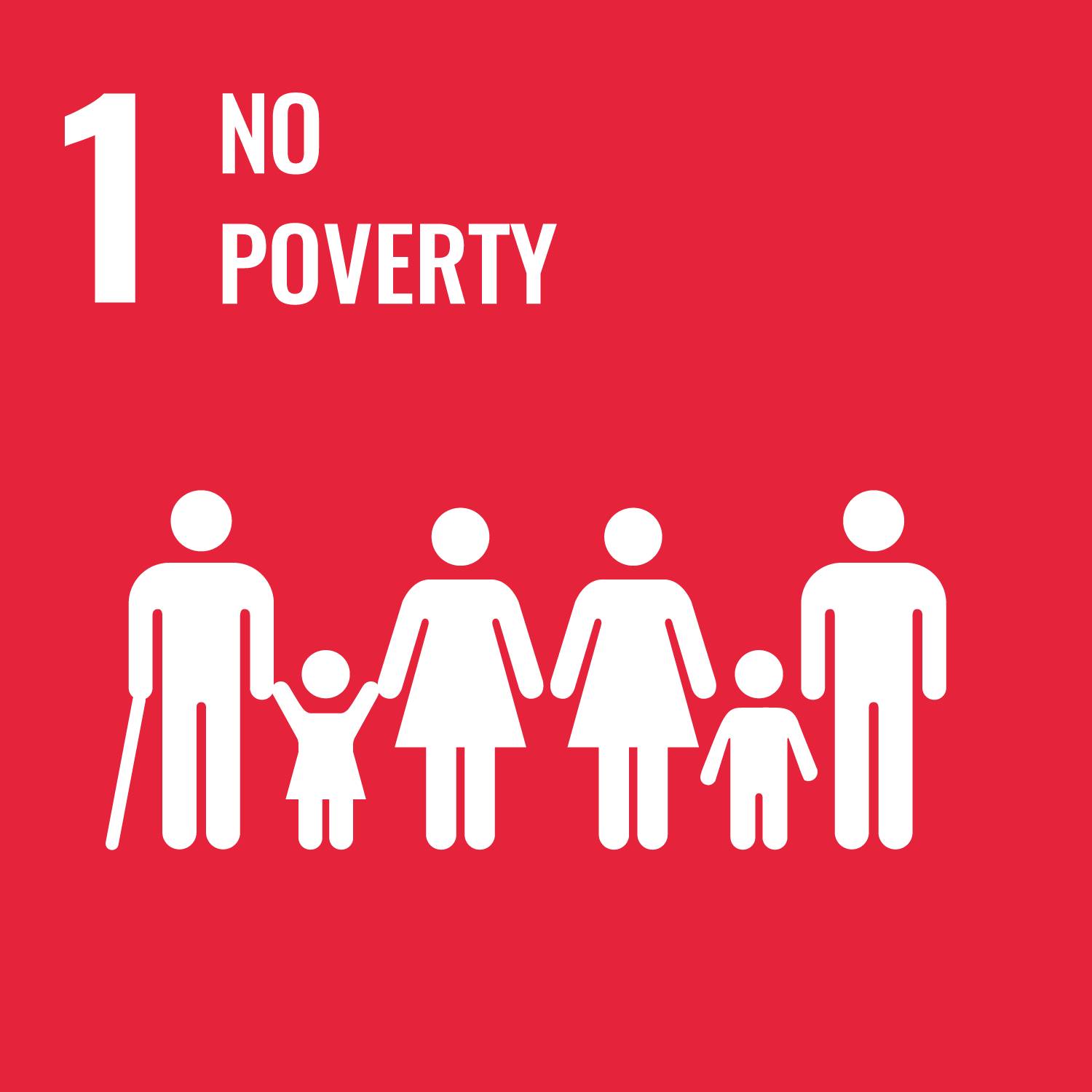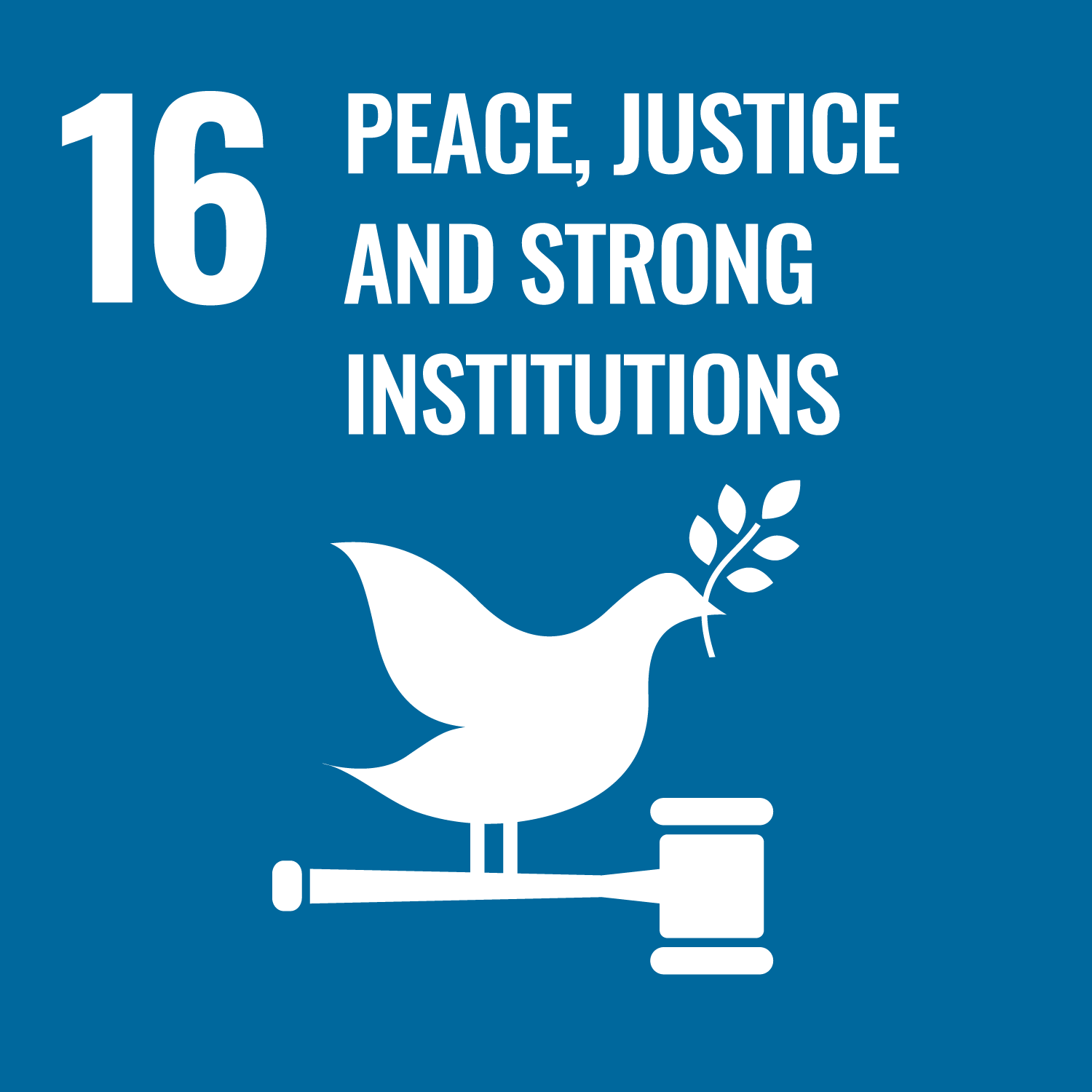The guide provides advice across the research cycle: preparing for collaboration, managing collaboration, and ethical practice for collaboration. The guide identifies particular areas for which practical principles for managing research collaborations with Pacific Churches may vary from secular research partnerships. These include building supportive team cultures by developing genuine relationships that demonstrate respect for Pacific cultures and involve ongoing relationship-building activities (such as attending the church). It also includes the provision of psychological and emotional support for ‘insider’ researchers for whom the research subject can be quite personal.
The guide also advices that managing emerging challenges can be done by identifying individuals who can assist in building bridges and explain Christian values -based conflict resolution processes to non-Christian partners. The guide provides detailed advice on how to design or choose research methodologies and data collection processes (including developing Terms of Reference and gaining access to communities) in ethical and respectful ways.
The guide identifies, and provides guidance on, how to navigate topics that are potentially sensitive in Pacific Church communities. This includes topics on LGBTQI rights, gender equality, family and gender violence, human rights, disabilities and divorce. In relation to diverse SOGIESC communities, the guide identifies LGBTQI rights as a potentially sensitive topic for which non-Christian and Pacific Church partners will need to reach agreement on to ensure a successful research collaboration. Some Churches that have had success in including other vulnerable groups (such as women and children) show enthusiasm for taking the same approach to human rights and inclusion for LGBTQI communities.









